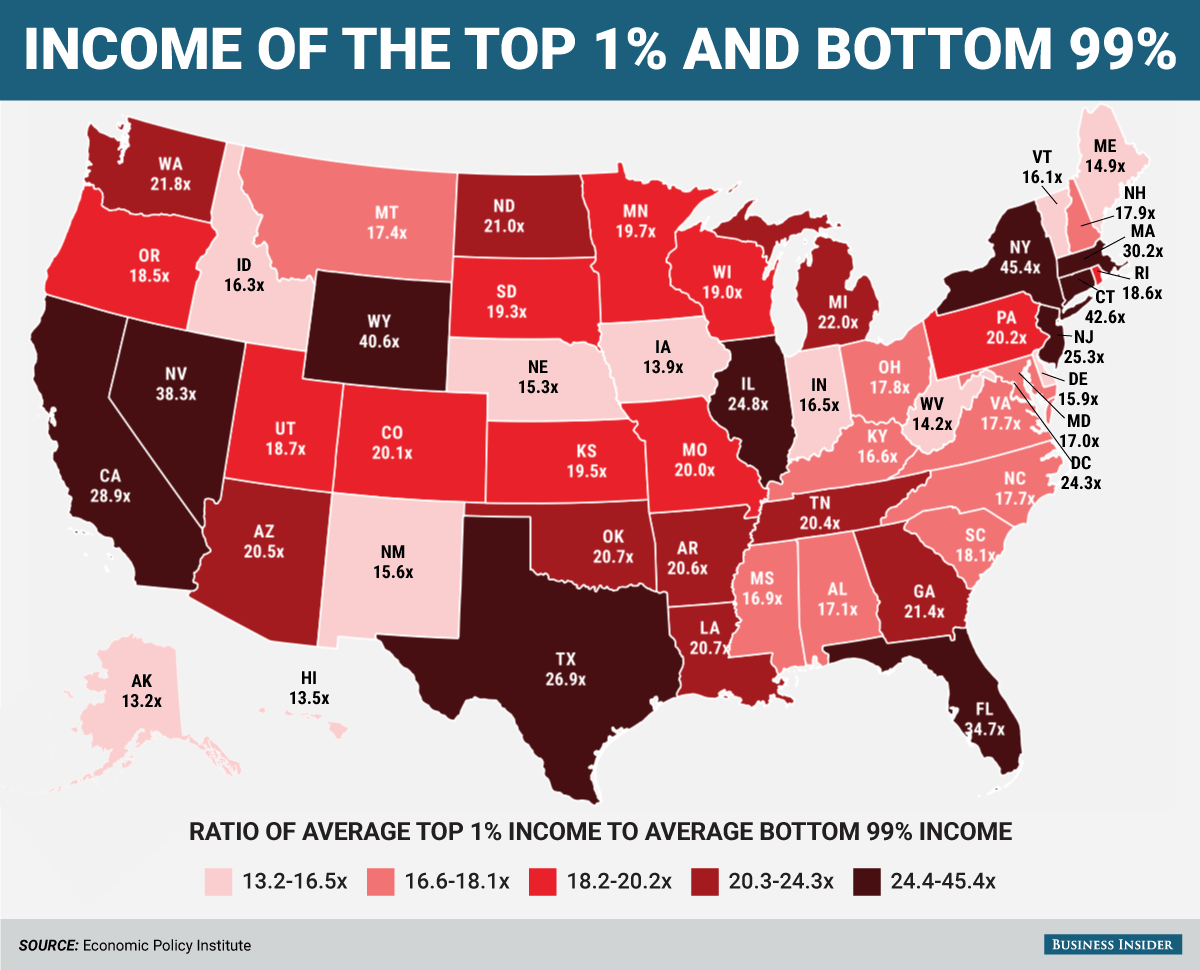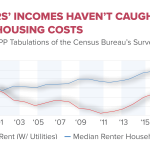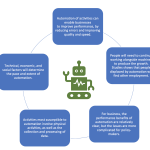Income inequality has become a pressing issue in contemporary society, sparking debates about the role of wealth redistribution and the impact of billionaires on our economic landscape. While some argue that the extreme wealth held by a select few undermines ethical capitalism, others claim that philanthropy efforts initiated by billionaires can significantly improve lives and foster progress. This tension raises important questions about the ethical implications of wealth concentration and its effects on social justice and environmental sustainability. As we delve into the complexities of this extreme wealth discussion, it is crucial to examine whether a more equitable distribution of resources could enhance community well-being. The conversation surrounding income inequality is not just about numbers; it reflects our values and priorities as a society.
The disparity in wealth within our global economy sets the stage for a crucial dialogue regarding financial distribution and social equity. Often framed in terms of economic justice and the responsibilities of the affluent, this issue touches on various concepts, including social equity, the effects of corporate philanthropy, and the ethical responsibilities of wealthy individuals. Modern discussions challenge us to reflect on whether a fair society should condone vast wealth differentials or seek to implement systems that ensure better living standards for all. As we explore this topic, the roles played by billionaires, their philanthropic initiatives, and the ethical questions surrounding capitalism will be crucial focal points. Understanding these dynamics is essential for shaping a future that strives for greater equity and justice.
Examining the Impact of Extreme Wealth on Society
The ongoing debate about extreme wealth raises fundamental questions about the role of billionaires in society. On one hand, proponents argue that billionaires are essential for driving innovation and funding initiatives that benefit society, such as anti-poverty projects and advancements in green technology. Figures like Elon Musk and Bill Gates illustrate how substantial wealth can be leveraged for philanthropic efforts that address pressing global issues. However, critics are quick to highlight the adverse side of extreme wealth, particularly the disproportionate environmental impact and systemic inequalities that billionaires perpetuate.
In the context of extreme wealth, the ethical implications of wealth accumulation come to the forefront. The idea that some individuals control vast resources while others struggle for basic necessities raises questions about justice and equity. This dynamic often leads to discussions about wealth redistribution, where the argument centers on reallocation of resources to benefit those in need. The stark contrast between the lives of billionaires and those living in poverty illustrates the urgent need for a reassessment of how wealth is distributed in society.
The Role of Philanthropy in Wealth Redistribution
Philanthropy is often viewed as a double-edged sword in discussions about wealth redistribution. While philanthropic initiatives can provide crucial resources for communities and issues in need of funding, they can also be seen as a superficial solution to systemic problems caused by income inequality. Wealthy individuals, such as Mark Zuckerberg and Warren Buffett, have pledged to give away large portions of their fortunes, often framing their contributions as solutions to poverty and health crises. However, critics argue that this approach does not address the root causes of these issues, and may even perpetuate a cycle of dependency.
Moreover, the effectiveness of philanthropy is often called into question. The influence of billionaires on social and economic policies can lead to a misalignment of priorities that serve their interests rather than those of the disadvantaged. For example, philanthropic organizations might prioritize certain societal issues over others, reflecting the biases of their founders. As such, scholars and activists advocate for a systemic approach to wealth redistribution that encompasses broader structural reforms rather than solely relying on the goodwill of the wealthy.
Navigating Ethical Capitalism in a Modern Economy
Ethical capitalism has emerged as a significant topic in discussions surrounding wealth and business practices. It suggests that businesses should operate in a manner that not only seeks profits but also promotes social good and environmental responsibility. The challenge lies in balancing the pursuit of profits with the need to support communities and mitigate the effects of income inequality. This concept throws light on the responsibility that corporations—particularly those led by billionaires—have towards their employees and the communities they serve.
In an ethical capitalist framework, companies would be expected to adopt practices that align with social justice principles. This could involve implementing fair wages, ensuring environmentally sustainable operations, and actively participating in community development. Ultimately, proponents of ethical capitalism believe that a shift towards this model is necessary not just for the well-being of society but also for the long-term sustainability of businesses themselves. As consumers become more socially conscious, companies that fail to adapt may face repercussions both economically and reputationally.
The Debate on Income Inequality and Economic Policies
Income inequality has become a pressing issue in the discourse surrounding modern economies. The concentration of wealth among the top 1% creates a chasm between the affluent and the poor, leading to social destabilization and diminished economic mobility for lower-income individuals. Policymakers face the challenge of addressing this inequality while fostering economic growth and innovation. The debate intensifies when considering solutions such as taxes on the wealthy or policies aimed at wealth redistribution.
Advocates for tackling income inequality often propose progressive taxation and increased access to quality education and healthcare as integral parts of their strategies. These measures aim to level the playing field, giving those from less privileged backgrounds a fair chance to succeed. However, opponents of wealth redistribution argue that such policies could stifle economic growth and disincentivize investment. Thus, the conversation continues to evolve as different stakeholders weigh the ethical considerations against economic realities.
The Influence of Billionaires on Public Policy
Billionaires often hold significant sway over public policy due to their vast resources and political connections. This level of influence raises ethical questions about the integrity of democratic processes and the extent to which wealth can shape legislation that supports specific interests. The concerns revolving around this issue primarily relate to the idea that policy decisions may become skewed in favor of the rich, at the detriment of the average citizen. Such dynamics challenge the ideals of a fair democracy where every voice should hold equal weight.
The increasing visibility of billionaire-funded lobbying efforts has led many to call for greater transparency in political donations and lobbying activities. Transparency is seen as a mechanism to ensure accountability and diminish the risk of policy decisions favoring a select few. Some advocate for public financing of elections as a means to level the playing field and limit the influence of money in politics. In doing so, the hope is to cultivate a political landscape that prioritizes the needs and voices of the wider population over those of the wealthy elite.
Exploring Philanthropy’s Effects on Society
Philanthropy plays a multifaceted role in society, generating both positive impacts and significant criticism. On one hand, billionaires channel their wealth into initiatives that offer educational opportunities, health advancements, and economic support for underserved communities. These efforts can stimulate positive social change and serve to alleviate immediate suffering, creating a perception that philanthropy provides a substantial solution to systemic issues like poverty and inequality.
However, the ripple effects of such philanthropic endeavors raise important questions about accountability and effectiveness. Many argue that philanthropic efforts can inadvertently reinforce existing power imbalances, as wealthy individuals decide the terms of their contributions and the issues they prioritize. Consequently, this can lead to a misalignment of societal needs and philanthropic investments, fostering a dependence on charity rather than empowering communities to achieve sustainable development and advocacy for their rights.
Rethinking Market Forces and Social Responsibility
The relationship between market forces and social responsibility is a central theme in today’s economic discourse. Markets are often praised for their efficiency and innovative capacity; however, this efficiency can come at a cost to social equity and environmental sustainability. The struggle lies in convincing large corporations to embrace broader responsibilities beyond profit maximization. The need to adapt business practices for social and environmental accountability has never been more urgent, and an increasing number of consumers demand that market players contribute positively to society.
Businesses can reshape their identities by integrating corporate social responsibility (CSR) into their core strategies, contributing positively to their communities while still pursuing profitability. Companies that effectively balance these priorities demonstrate that they can thrive while addressing societal needs. As discussions around income inequality and ethical capitalism gain momentum, it becomes clear that the future of business lies in its ability to adapt to these evolving expectations.
Possible Solutions for Addressing Wealth Inequality
Addressing wealth inequality requires a multifaceted approach that combines policy changes with community-driven initiatives. Some propose more progressive taxation as a means to redistribute wealth effectively and invest in social services that uplift the most vulnerable. This strategy aims to ensure that the gains of economic progression benefit the broader population. Furthermore, government interventions that support affordable housing, education, and healthcare are vital in creating a more equitable society.
In addition to policy reforms, grassroots movements and local organizations play a crucial role in addressing wealth inequality. By concentrating on community empowerment and self-sufficiency, these groups can cultivate a culture of economic resilience among marginalized individuals. Collaborating with local businesses and institutions can create opportunities for education and job training, fostering a deeper understanding of financial literacy and economic participation in underserved communities.
The Role of Democratic Socialism in Modern Economies
Democratic socialism presents an alternative framework for addressing inequalities in society, advocating for the democratic management of the economy along with social ownership of the means of production. Supporters argue that this approach can lead to a fairer distribution of wealth, ensuring that all citizens benefit from the fruits of economic growth. While not advocating for a completely state-controlled economy, democratic socialism seeks to amplify the role of public goods and social safety nets to protect the economically vulnerable.
Critics of democratic socialism call into question its feasibility in practical governance, arguing that it may lead to excessive bureaucracy and stifle personal initiative. However, proponents respond that historical examples from Nordic countries illustrate how a blend of capitalism and socialism can achieve both economic viability and low rates of income inequality. By learning from these models, societies can pave the way for an economic system that balances individual incentives with collective responsibility.
Frequently Asked Questions
What are the primary causes of income inequality in modern economies?
Income inequality in modern economies often stems from various factors including global market dynamics, technological advancements that favor skilled workers, changes in labor market policies, and the concentration of wealth among billionaires. Wealth redistribution and effective taxation policies are crucial to addressing these disparities.
How does extreme wealth impact income inequality?
Extreme wealth significantly impacts income inequality as it creates a vast gap between the ultra-wealthy and the average citizen. Billionaires often possess resources that allow for more substantial investments, which can lead to greater economic influence and power, further exacerbating income disparities unless measures such as wealth redistribution are implemented.
Can philanthropy truly mitigate income inequality?
Philanthropy has the potential to mitigate income inequality by funding programs aimed at education, health, and economic opportunities for underprivileged communities. However, critics argue that relying solely on voluntary donations from billionaires may not sufficiently address systemic issues underlying wealth inequality. Ethical capitalism requires a structured approach that goes beyond philanthropy.
What role does wealth redistribution play in reducing income inequality?
Wealth redistribution plays a vital role in reducing income inequality by reallocating resources from the wealthy to disadvantaged groups. By implementing progressive taxation and social welfare programs, governments can help ensure that basic needs are met while providing opportunities for upward mobility, which is essential for a more equitable society.
How does the discussion of billionaires relate to ethical capitalism?
The discussion of billionaires is intrinsically linked to ethical capitalism as it raises questions about the moral implications of extreme wealth accumulation and its impact on society. Ethical capitalism advocates for a system where businesses prioritize social responsibility, thereby ensuring that the benefits of economic growth are shared more equitably among all stakeholders.
What effects does extreme wealth have on public policy and democracy?
Extreme wealth can have profound effects on public policy and democracy, as billionaires may exert significant influence over political decisions, leading to policies that favor their interests. This concentration of power can undermine democratic processes and worsen income inequality, highlighting the need for regulations that promote equitable representation and reduce the impact of money in politics.
How can individual actions contribute to addressing income inequality?
Individuals can contribute to addressing income inequality by advocating for fair policies, supporting businesses that prioritize ethical practices, and participating in community initiatives that promote economic equity. Engaging in philanthropy with a focus on sustainable solutions can also support long-term improvements in disadvantaged communities.
What are the potential long-term consequences of unchecked income inequality?
Unchecked income inequality can lead to social unrest, decreased economic mobility, and a decline in overall societal well-being. A growing divide can hinder social cohesion and trust in institutions, ultimately impacting economic stability and leading to a more polarized society.
What solutions have been proposed to address income inequality effectively?
Proposed solutions to effectively address income inequality include implementing progressive taxation, enhancing access to quality education, expanding social safety nets, and promoting policies that encourage wealth redistribution. Additionally, fostering a more inclusive economy through equitable business practices and supporting labor rights are critical for reducing disparities.
How does immigration affect global income inequality?
Immigration can both alleviate and exacerbate global income inequality. On one hand, allowing immigrants to enter richer countries can improve their economic opportunities, benefiting both individuals and the host country’s economy. However, without fair labor practices and support for integration, it can lead to exploitation and further economic divides.
| Topic | Key Points |
|---|---|
| Extreme Wealth and Income Inequality | A debate hosted by Harvard’s Ethics Center discussed whether billionaires contribute positively or negatively to society, examining wealth distribution and philanthropy. |
| Environmental Impact | Tom Malleson asserted that the wealthy contribute to environmental harm, suggesting wealth redistribution to promote green technology. |
| Charity vs. Market Forces | Jessica Flanigan defended billionaires, including Bill Gates, claiming their investments help the poor more effectively than government officials. |
| Wealth Creation and Luck | The panel discussed the randomness of wealth accumulation, referencing John Rawls on the arbitrary nature of traits that lead to wealth. |
| Walmart as a Case Study | The discussion highlighted Walmart’s role in providing cheap goods while also exploiting low-wage workers. |
| Potential Solutions | Proposals included democratic socialism with labor rights, property-owning democracy, and allowing immigration to improve lives. |
Summary
Income inequality poses significant challenges to society, as highlighted in the recent debate at Harvard’s Ethics Center. The discussion revealed contrasting views on the role of the wealthy in society and their impact on the economy and environment. While some panelists advocate for wealth redistribution to combat the negative effects of extreme wealth, others argue that billionaires can be beneficial through philanthropy and investment in innovations. Addressing income inequality will require thoughtful approaches, including potential systemic changes to ensure equitable wealth distribution while maintaining a market-driven economy.










